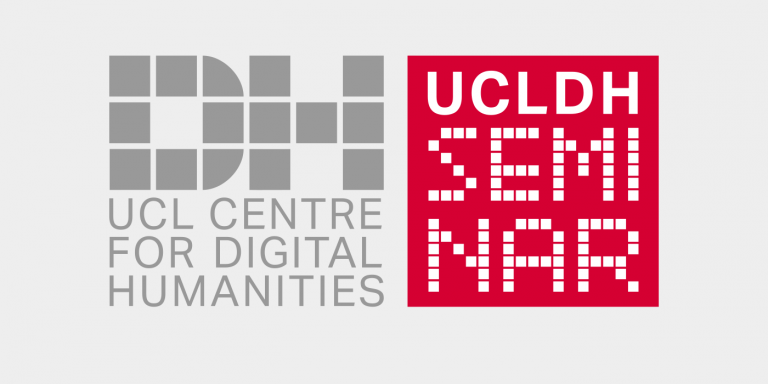RITS and Oracc: new tools for editing the world's oldest texts
27 April 2016, 5:30 pm–6:30 pm

Event Information
Open to
- All
Organiser
-
UCLDH
Location
-
UCL Centre for Digital HumanitiesGower StreetLONDONWC1E 6BTUnited Kingdom
The ancient cultures of Sumer, Assyria and Babylonia have left a rich written legacy, in the form of many hundreds of thousands of clay tablets, inscribed in the complex, wedge-shaped cuneiform script. Over the past two centuries these artefacts, dating from c.3000 BC to c.100 AD, have been excavated from archaeological sites across the Middle East, particularly Iraq and Syria, and are now housed in many different museums around the world.
For several decades now there has been a concerted effort to catalogue, photograph, edit and analyse these most precious witnesses of the first half of history. The editorial and analytical effort has been spearheaded by Oracc.org, the Open Richly Annotated Cuneiform Corpus, co-directed by Professor Eleanor Robson here at UCL, along with international colleagues.
Over the past year she and Raquel Alegre of RITS have been working together to produce a new editorial interface for Oracc, that will hopefully enable a significant number of less technophile colleagues to contribute to the project. In this talk they will explain what Oracc does and why it matters, why new software was needed, and how it improves the editorial experience.
Speakers
Eleanor Robson joined UCL in September 2013. For ten years before that she taught in the Department of History and Philosophy of Science at the University of Cambridge, after a varied postdoctoral career in and around the Faculty of Oriental Studies at the University of Oxford. Eleanor's research has three main focal points: the social and political contexts of knowledge production in the cuneiform culture of ancient Iraq, five to two thousand years ago; the construction of knowledge about ancient Iraq in Europe, the Americas, and the Middle East over the past two centuries; and use of open, standards-based online resources for democratising access to knowledge about the ancient Middle East.
Raquel Alegre is a Research Software Developer within UCL's Research IT Services (RITS). She has been working as a Software Engineer for several years in both industry and academia in projects related to satellite remote sensing and visualisation of geospatial data.
The slides from this talk are available online.
See also Professor Robson's Lunch Hour Lecture on the new tablets. Agriculture and elephants: writing in rural Babylonia 3500 years ago (Eleanor Robson - 1 Dec 2015)
 Close
Close

